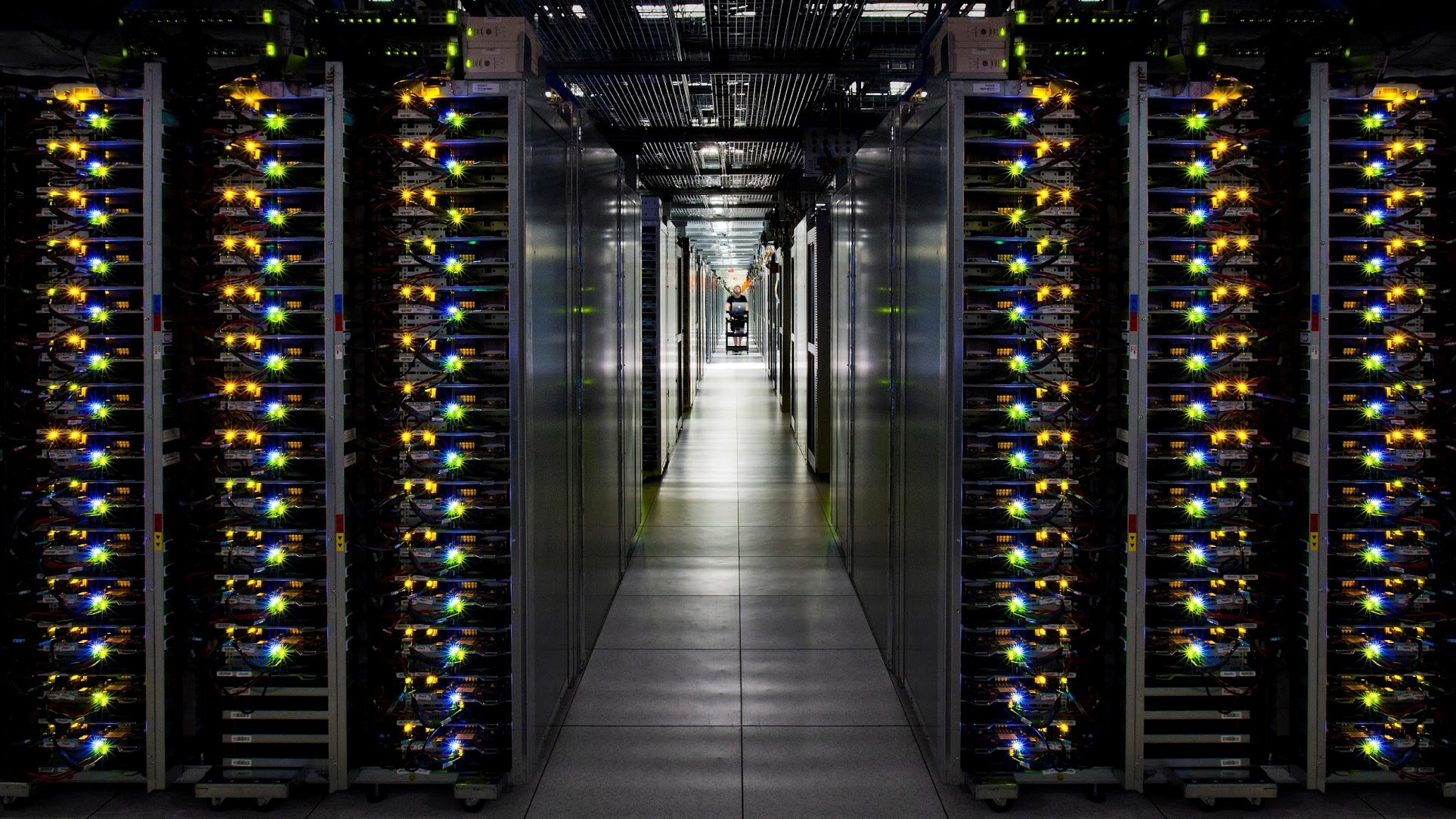Google wants to address data center power demands with nuclear power
Could nuclear solve data center power consumption problems?

Sign up for breaking news, reviews, opinion, top tech deals, and more.
You are now subscribed
Your newsletter sign-up was successful
Google has signed a new deal with Kairos Power to use small modular nuclear reactors (SMRs) to power its energy-hungry artificial intelligence (AI) data centers as the world begins to confront the consequences of widespread AI adoption and a grid that’s struggling to keep up.
The partnership will be the first corporate agreement involving the purchase of nuclear energy from multiple SMRs, and is set to begin operation by the end of the decade.
With the first reactor set to be online by 2030, Google plans to enlist additional reactors over the following five years.
Google going nuclear for its data centers
In the years that have followed the public preview launch of ChatGPT, which is credited with kickstarting widespread interest in artificial intelligence, tech giants like Google, Microsoft and Amazon have been forced to rethink their strategies as data centers’ power consumption and use of other natural resources have come under fire.
Google’s Senior Director for Energy and Climate, Michael Terrell, emphasized the importance of the agreement, noting that the grid needs new energy sources to support AI’s continued expansion. He described the partnership with Kairos as an opportunity to accelerate clean, reliable nuclear power and to unlock AI’s full potential.
Kairos Power CEO Mike Laufer commented: “By coming alongside in the development phase, Google is more than just a customer. They are a partner who deeply understands our innovative approach and the potential it can deliver.”
Alphabet isn’t the only big corp looking at nuclear energy to power its data centers – Microsoft and Amazon have also been publicly exploring the potential of nuclear, with the US Department of Energy also deeming it a viable solution.
Sign up to the TechRadar Pro newsletter to get all the top news, opinion, features and guidance your business needs to succeed!
Besides nuclear, Google has also been diversifying its energy investments to offshore wind, solar and geothermic activity.
It's not just Google who are looking to address the significant power usage of data centers, as energy companies have also been advised that they need to plan ahead for the AI data center power drain, or lose out on revenue.
In a recent interview, Jay Jiang Yu, Founder and Executive Chairman of Nano Nuclear Energy Inc, told TechRadar Pro that "The systems which would need to be in place to meet the expected energy demand would need to commence their installation now, to ensure that the AI and data centers in 2-3 years had the power supply necessary to continue their upscaling and expansion."
"Currently the deficit in energy is expected to hit the tech centers sometime around 2026-2027, and currently no new system looks able to come online before those dates," he concluded.
Via BBC
More from TechRadar Pro
With several years’ experience freelancing in tech and automotive circles, Craig’s specific interests lie in technology that is designed to better our lives, including AI and ML, productivity aids, and smart fitness. He is also passionate about cars and the decarbonisation of personal transportation. As an avid bargain-hunter, you can be sure that any deal Craig finds is top value!
